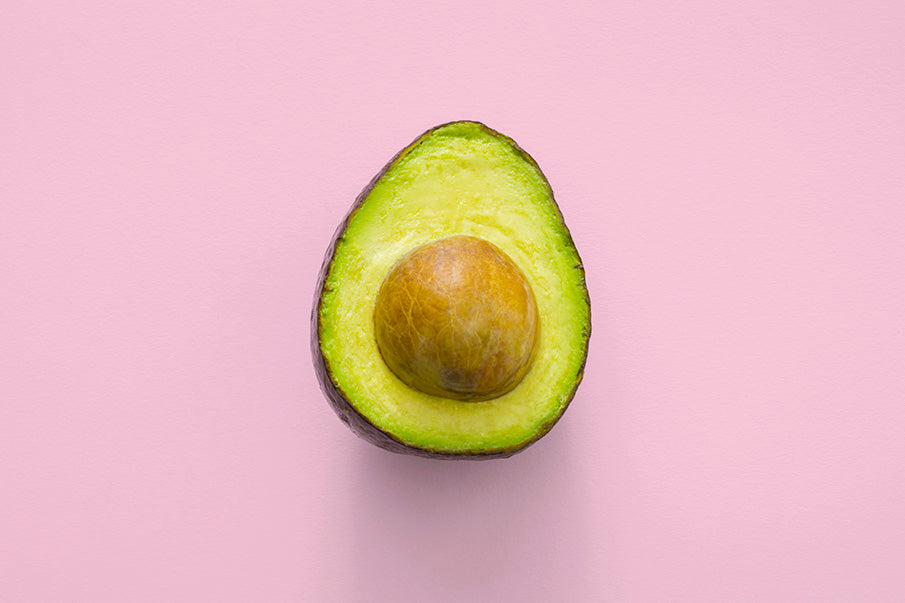Nutrition Basics: Calories-In Vs Calories-Out

It's perhaps an understatement to say that the world of health and nutrition can be overwhelming at times.
With so many different dietary trends to pick from, and countless experts sharing contradictory ideas, it’s enough to make you want to pack it all in and reach for the takeaway menu...
The good news?
This series is all about stripping things back to basics, giving you simple, actionable ideas to help you build a solid foundation of healthy eating.
We’re going to kick things off today with a look at calories - what they are, why they might matter, and how they fit into the big picture of healthier eating.
What is a Calorie?
Calories often get a bad rap, but they’re simply a unit of measurement, usually denoted as a kcal.
Calories are used to represent the energy you gain by consuming food, and the amount of energy your body uses up through normal processes like digestion and cell repair, along with physical activity.
As you’ll no doubt be aware, the calorie content of different foods varies. One gram of carbohydrates and protein providing around 4 kcal, whereas one gram of fat yields 9kcal. This is why foods high in fat (like most fast food) tend to be higher in calories. Note: this doesn't mean fat is inherently bad or that it should be avoided, but we’ll get into that later in the series...
Calorie counting isn't a perfect science, but it can be an effective way to approximate how much food one needs to consume to lose, gain or maintain weight.
We can do this by looking at the energy balance equation.
The Energy Balance Equation
Fear not - you don't need a maths degree to figure out how much food to eat.
Our energy balance is simply the difference between the calories in vs calories out, resulting in three distinct states:
- Maintenance: calories consumed vs burnt are the same = no change in body weight.
- Surplus: more calories consumed than burnt = extra energy is stored as body fat and/or muscle mass.
- Deficit: more calories burnt than consumed = weight loss.
How to Calculate Your Calorie Requirements
The easiest way to determine your calorie requirements is to use an online calculator (like this one) that accounts for factors such as your weight, age, height and activity levels.
Plugging in the numbers provides you with an estimate for your daily calorie expenditure, along with a recommended calorie intake based on your goals - whether you’d like to maintain, gain or lose weight.
If, for example, you find that 2000 kcal a day will help you lose 0.25 kg a week, you can then use a tool like Cronometer to track your daily caloric intake. Simply input the foods you eat throughout the day into the app, and the calculator keeps track of your total. Simple!
It’s a great way to get more familiar with the calorie content of various foods you eat, and to simplify the process of gaining or losing weight.
Other Important Factors to Consider
Whilst calories in vs calories out is a useful foundation to build from when it comes to healthy eating, it’s not the be-all-end-all of nutrition. There are some other key factors that are worth considering, including:
- Not overly restricting or indulging. Whether you're looking to lose or gain weight, it’s important that you don’t sway too far from your maintenance caloric intake. A few hundred calories either way is a good place to start. Starting with a high deficit or surplus can lead to excessive weight loss or fat gain.
- Considering food quality. Counting calories can be a helpful guide to portion control and managing body composition, but the quality of your food just as important (if not more so) for general health and longevity. Opt for whole foods, fruits, vegetables, nuts, seeds and high-quality animal products when possible.
- Supplement smartly. If you have a busy schedule and find it difficult to get hold of healthy food that fits in with your daily calorie goal, it may be worth considering a good quality meal replacement. Our new Collaslim Meal Replacement is designed to supply your body with essential vitamins, minerals and protein without you having to consume a huge amount of calories (at just 200 kcal per serving when combined with almond milk). Perfect for a quick snack or a light meal on the run!